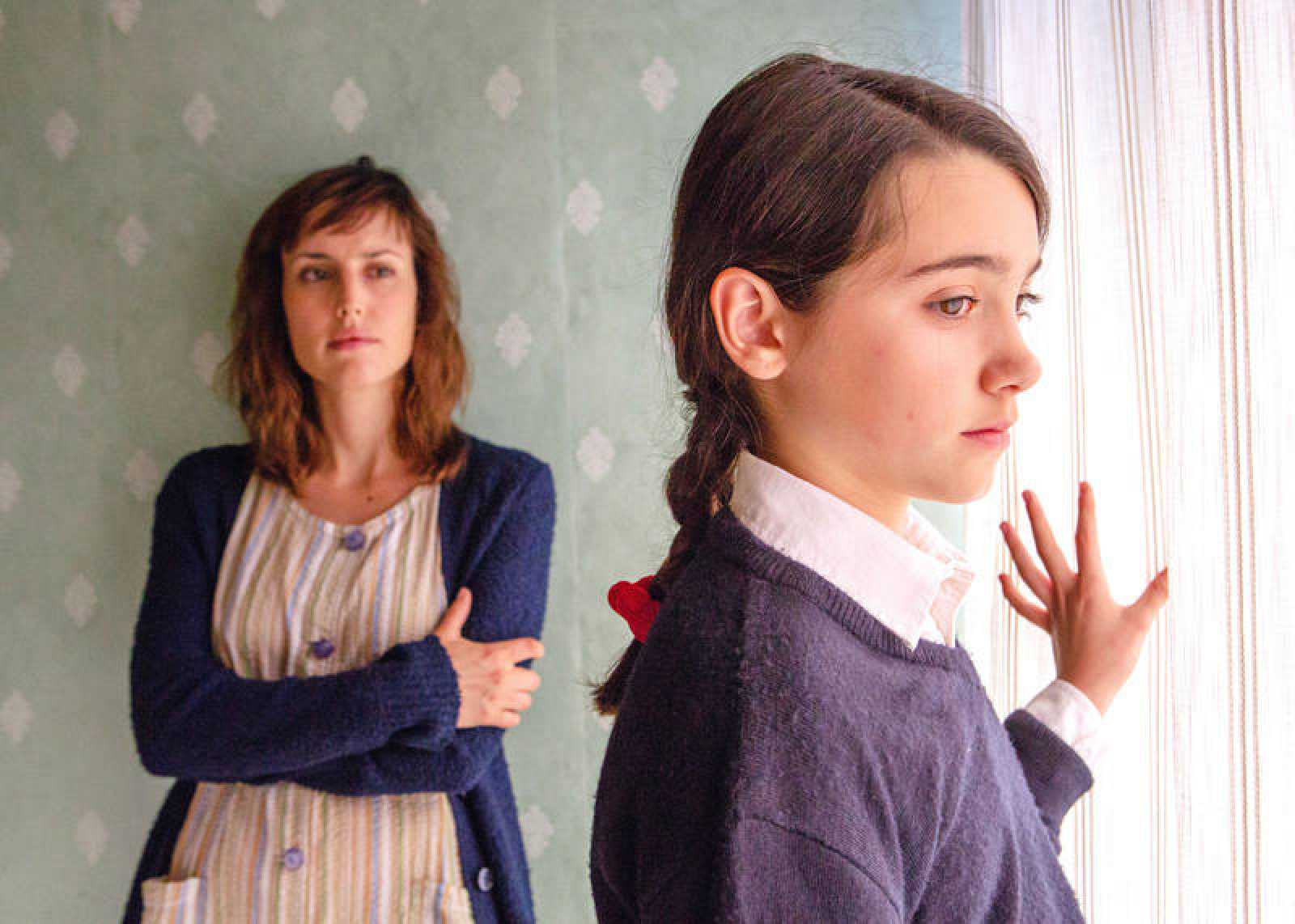Pilar Palomero’s first feature film, Schoolgirls, draws upon not only her own experiences of growing up in pre-millennial Spain, but on the countless contradictions and constraints she experienced as a burgeoning young woman.
The film follows a few weeks in the life of Celia (Andrea Fandos), a sheltered and shy ingénue attending a strict Catholic school in 1990s provincial Spain. She sleepwalks through her days, following the instructions of the nuns and her constantly working single mother (Natalia de Molina). All of this is thrown into chaos by the arrival of the cool and cultured Barcelonan new girl, Brisa (Zoe Arnao), who pulls her out of her shell and forces her to re-assess her life.
Palomero’s fledgling effort manages to capitalise on the clear strengths she has. The film as a whole is shot and performed in an almost improvisational style. Scenes are often short or terse, with no specific drama within them, rather focusing on the realistic interactions of the children. The acting is, on the whole, spectacular, with nary a bum note among the cast, regardless of age or previous experience. Fandos in particular holds her head high, taciturn, but seemingly deep as the oceans, constantly weighing up everything occurring around her. It’s a marvellous performance for an actress in her first film role.
Contrastingly, the adults in the story seem each mired in depths of hidden pain, concealed hurt and fury, or helplessness; each constrained by the stifling post-Franco society that they exist within. But although the title of the film has been translated as Schoolgirls, the original Spanish title Las Niñas carries a far clearer sense of the story, as the film does not merely concern the schoolgirls. It’s interesting to note that in the film there are perhaps only two male roles, who exist so peripherally to the main characters as to be largely irrelevant. It’s an interesting choice, as it echoes and reinforces Celia’s own lack of knowledge of men and highlights questions about her long-dead father.
The trouble is, it’s not a wholly satisfying story. While the film is excellent on a moment-to-moment basis, the overall whole is messy and seemingly directionless. This may well have been an artistic choice to reflect the realistic lack of events in Celia’s life, but it makes for an inconsistent experience that seems to end all of a sudden with a set-up but unearned payoff. That said, if nothing else, the film beautifully captures the incessant boredom of adolescence and constant waiting for something, for anything, to end the daily teenage tedium.
Screening as part of the Catalan Film Festival 2020
